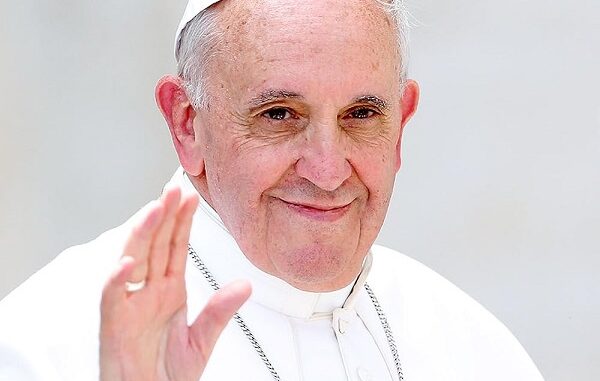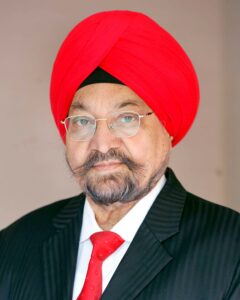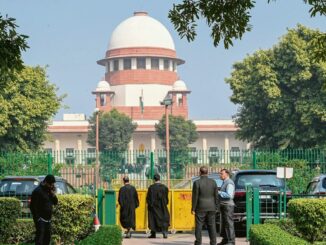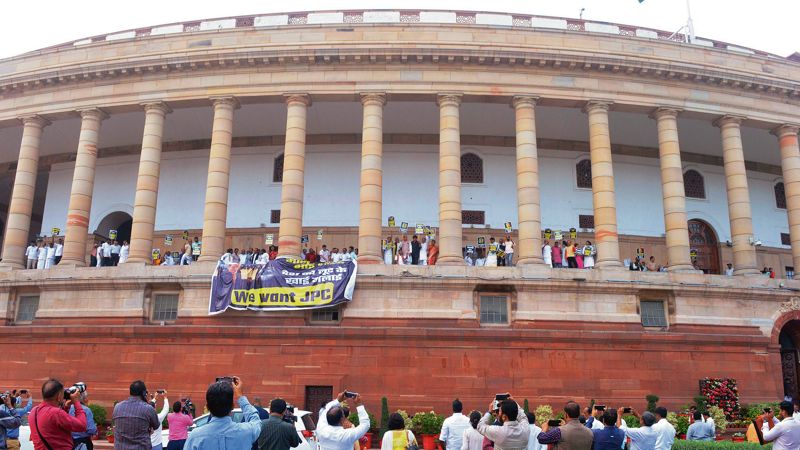

Pope Francis, born Jorge Mario Bergoglio, passed away on Easter Monday, April 21, 2025, at the age of 88. His death followed a stroke and irreversible heart failure, occurring in his residence at the Vatican’s Casa Santa Marta. His final moments were marked by peace, surrounded by close aides and Cardinal Pietro Parolin, who recited the rosary at his bedside.
Born on December 17, 1936, in Buenos Aires, Argentina, Jorge Mario Bergoglio was the eldest of five children in a family of Italian immigrants. His father, Mario José Bergoglio, was an accountant, and his mother, Regina María Sívori, was a homemaker . After earning a chemical technician’s diploma, he felt a calling to the priesthood and entered the Society of Jesus in 1958. Ordained in 1969, he served as the Jesuit provincial superior in Argentina from 1973 to 1979, emphasizing pastoral care and spiritual guidance. His leadership during Argentina’s turbulent political climate showcased his commitment to social justice and the marginalized.
Appointed Archbishop of Buenos Aires in 1998 and elevated to cardinal in 2001 by Pope John Paul II, Bergoglio became known for his humility and dedication to the poor. On March 13, 2013, following Pope Benedict XVI’s resignation, he was elected as the 266th pope, taking the name Francis in honor of Saint Francis of Assisi. He was the first Jesuit pope, the first from the Americas, and the first non-European pope in over a millennium.
Pope Francis’s tenure was marked by a commitment to inclusivity, humility, and social justice. He chose to reside in the modest Casa Santa Marta rather than the Apostolic Palace, reflecting his desire for a simpler, more accessible papacy . He emphasized the Church’s role in addressing global issues, notably through his 2015 encyclical “Laudato Si’,” which called for urgent action on climate change and environmental stewardship.
Francis sought to make the Church more welcoming to marginalized communities. He opened discussions on allowing priests to bless same-sex couples and reversed bans on transgender individuals serving as godparents or being baptized . While doctrinal teachings remained largely unchanged, his emphasis on empathy and compassion marked a significant tonal shift within the Church.
Recognizing the need for greater female participation, Pope Francis appointed women to key Vatican positions, including Raffaella Petrini as the first female secretary general of the Vatican’s governorate and Simona Brambilla as prefect of the Dicastery for Institutes of Consecrated Life. He also allowed women to vote in synods, signaling a move toward inclusivity, though he stopped short of endorsing female ordination.
Pope Francis’s global influence was profound. He drew massive crowds, such as the six million attendees during his 2015 visit to the Philippines . His advocacy for peace, interfaith dialogue, and the rights of refugees and migrants resonated worldwide. Despite facing criticism from conservative factions, his efforts to modernize the Church and address contemporary issues left an indelible mark.
In his final days, Pope Francis continued to fulfill his duties, delivering an Easter blessing from a wheelchair. He passed away peacefully, as per his wishes, and requested a simple burial at the Basilica of St. Mary Major in Rome, becoming the first pope to be interred outside the Vatican since Pope Leo XIII in 1903.
Pope Francis’s life was a testament to humility, compassion, and a relentless pursuit of justice. His papacy challenged the Church to embrace inclusivity and address the pressing issues of our time. As the world mourns his passing, his legacy endures, inspiring future generations to lead with empathy and courage.





Be the first to comment